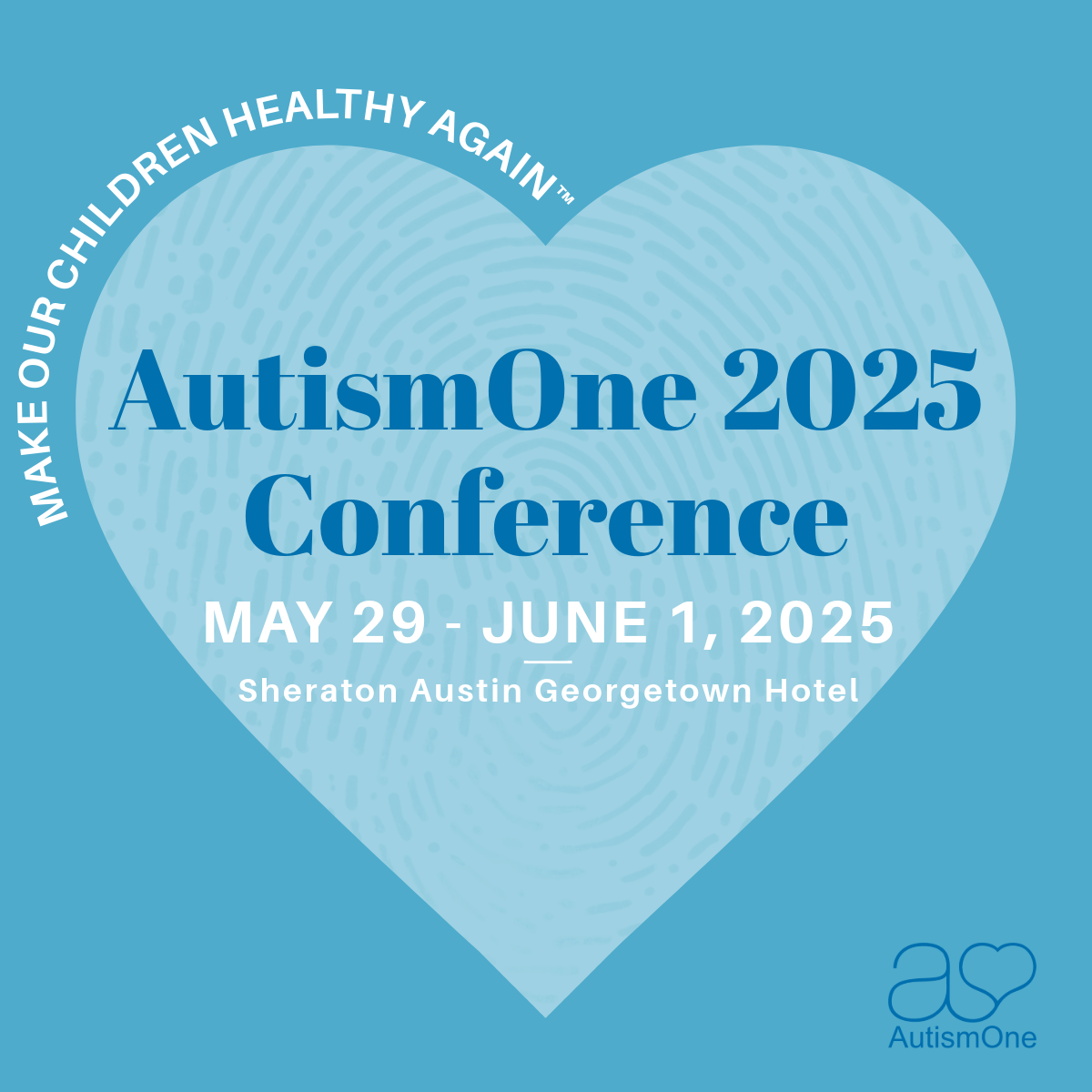Gut Bifidobacterium and Autism
*General Session also counted towards CME Credits//
Background. The incidence of autism spectrum disorder (ASD) in the United States is approximately 1 in 36 children according to 2024 data. The gut microbiome is emerging as a potential therapeutic option to manage and alleviate symptoms of ASD. We have previously reported on a nineteen-year-old adolescent with severe ASD, treated with familial fecal microbiota transplantation (FMT) who showed improvements not only gut on the microbiome composition but also in ASD clinical symptoms. In this study we seek to compare the gut microbiome of ASD patients with their healthy sibling and with non-familial healthy controls, to determine whether Bifidobacterium is associated with ASD.
Methods. Fecal samples from 21 ASD patients (ages 0-10 years old), 23 healthy siblings and 6 non-familial healthy controls were collected at ProgenaBiome laboratories. Microbiota composition was compared using DNA quantification, purification, and normalization using shotgun methodology and next-generation sequencing (NGS) on the Illumina NextSeq with 500/550 High-Output Kits V.2.5 for 300 cycles. Data were processed through the OneCodex bioinformatics system to determine microbiota composition and relative abundances of top genera and phyla. A two-sample t-test was used to evaluate statistical significance.
Results. The gut microbiome of ASD patients had lower abundance of Bifidobacterium (p<0.006), compared to that of their neurotypical siblings. Similarly, when compared to non-familial individuals, ASD patients had statistically significant lower abundance of Bifidobacterium (p<0.001).
Conclusions. These data suggest that gut Bifidobacterium is somehow associated with ASD. Larger studies are needed to confirm these findings.
Presenter(s):
When
- Sunday, June 1 2025 @ 9:55am(CST)
WheRE
Track
- General Session

